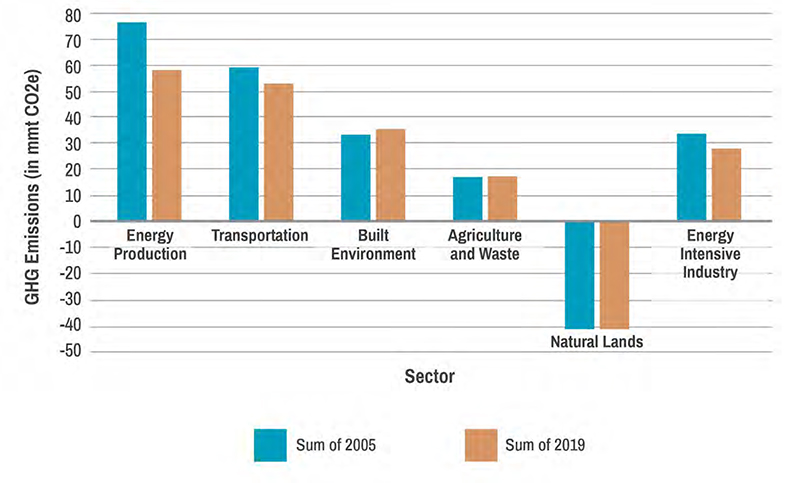NextEra Energy (NYSE: NEE) is continuing its efforts to salvage the only competitive regional transmission project MISO has recommended in its South region, filing a request last week at FERC to stay the commission’s recent order that formally terminated the project.
NextEra Energy Transmission Midwest (NEET) requested on Monday both a rehearing and a stay of FERC’s March order that allowed MISO to abandon the $115 million, 500-kV Hartburg-Sabine Junction project in East Texas (ER23-865). MISO approved the project in 2017 but determined last year that the project’s benefits faded after recent generation additions in the region. (See FERC Rejects Last-ditch Effort to Save Tx Project.)
NEET said the stay is necessary while it “fully exercises its right to judicial review” of not only the March order but also its pending appeal of Texas right of first refusal legislation that prompted MISO’s re-evaluation of the project.
The 5th U.S. Circuit Court of Appeals last year ruled that the state’s 2019 law giving incumbent transmission companies the first rights to build new power lines is unconstitutional. Texas has petitioned the U.S. Supreme Court to review that decision. (See Texas Petitions SCOTUS to Review ROFR Ruling.)
NEET said it is likely to succeed in the case and maintains that FERC’s cancellation of the project was premature.
“Absent a stay of the commission’s order, the project will be removed from MISO’s regional transmission planning models and cannot easily be reinstated, regardless of whether NEET Midwest prevails on rehearing or on appeal,” NEET argued. “Granting a stay will avoid imposing these substantial and irreversible consequences on NEET Midwest and will not unduly harm third parties.”
The transmission developer said MISO will likely remove the project from planning models for its interconnection queue and 2024 Transmission Expansion Plan (MTEP) cycle, which will begin later this year.
“Once removed from MISO’s MTEP and generator interconnection planning models, it will be difficult, if not impossible, to reinstate the project, particularly given the disruptions and delays to MISO’s annual transmission planning and interconnection studies that reinstatement will likely cause,” NEET said.
The NextEra subsidiary added that interconnection customers are unlikely to be harmed if the project is kept in planning models because no generation projects currently rely on it for grid access. NEET said scrubbing the project from MISO “prior to final resolution of the legal issues surrounding it” may require customers to pay abandonment costs.
The developer said it’s at a point where it has spent significant money to participate in MISO’s competitive bidding process and to develop the project, but that it may be unable to recover even a portion of its costs.
NEET argued that FERC simply took MISO at its word that keeping the project on its books would distort transmission planning. It said the grid operator’s tariff language triggering a project’s re-examination is more prescriptive and includes “reliability- or service-related issues that may ‘be jeopardized as a result of the delay.’” The developer pointed out that MISO continues to incorporate the unfinished Cardinal-Hickory Creek line in the Midwest that was first recommended in 2011 in its models.
It also said FERC should have more seriously weighed not taking immediate action on the project while the Texas ROFR litigation is pending.


